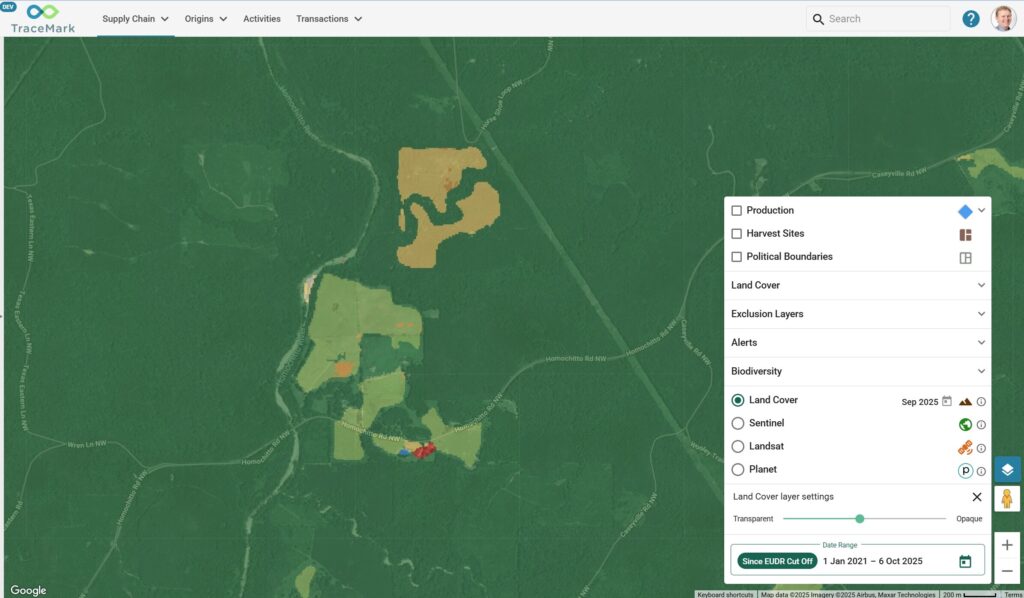Thinking of ditching Google Maps? Consider these six points first

Google Maps Platform is changing the way that the Maps APIs are paid for, which might impact your business model.
Clients on the legacy Premium Plan in some cases will find they are now paying less than before and in most cases there will be little difference in price.
For users of the deprecated Standard Plan, which provided free usage up to 25,000 dynamic map loads a day among other APIs, there is a good chance you will be paying more than before, particularly if you already needed to have billing enabled. This change kicks in on July 16, 2018.
Fight or flight?
For some clients it will come as a shock needing to pay more and they will reassess the need to pay for Google, which before was considered to be free.
You have two options: work hard to optimise usage on your website or rip out Google Maps and replace it with another service. Before you decide to do either though, consider why Google Maps was a good choice when building the application to begin with.
1. Unified experience
One option if you replace Google Maps is to use a mish-mash of data sources and custom tile servers and styling, but we can tell you that it is hard work and might not be worth the cost. Google data is their premium product and Google makes it very easy to use, which is why they have almost ubiquitous coverage of the market. Geocoding and Places data works perfectly with the basemap and you can be sure that if the data is available it will always work properly and line up where it should.
In short: the total cost of ownership is less in most cases to pay for Google’s services than to try to mash up different providers to emulate it.
2. Don’t worry about UX across multiple devices
When you use Google Maps Platform in an application you can be sure it will display well across all devices, whether that be laptop, tablet, phone or a device that doesn’t display a map, like a smart watch.
Points of interest and labels show at the relevant zoom levels and they serve the tiles in a way that can be easily downloaded and even stored when necessary.
In short: it is hard to replicate the user experience Google has managed to deliver.
3. Clear cost structure
Though Google Maps will cost more for some clients who were previously on the Standard Plan, its costs are all up front, calculated on consumption, billed monthly and they can be controlled by the user.
The total cost of ownership is known with Google Maps Platform as you don’t have to host any data or have any support staff on board to keep it running. The service also comes with support by default, so you can always get a swift answer to your technical issue directly from Google.
In the case of unpredictable fluctuations in usage, you can put price caps on usage so if you reach the end of your budget you know there won’t be overruns.
In short: prices are known and can be controlled.
4. Familiar user experience
Google’s main advantage when it comes to other mapping providers is the familiarity that users have with it. It is overwhelmingly the most popular navigation and point of interest finder app and even if a particular user chooses another solution like Apple Maps or Waze, they will use Google Maps as a master data set to check it against in the case of confusion.
In short: people like what they are used to and Google is the most common web map today.
5. Excellent data quality
If you’re looking for address data, predicted travel time or for a point of interest, there are few examples of where Google will not be the most up to date and consistent in data quality. The only exception here being very new suburbs where Google has not yet received data, like new housing estates.
If your company relies on the data feeds from Google Maps to determine distances, travel times or to find locations, you will need to consider the cost of failures when another data source prompts an ad hoc search for information.
In short: Google has the best quality data in the majority of cases.
6. Global coverage
If you’re in a company that serves multiple markets you will know the pain of having to deal with multiple data providers and standards over multiple countries. Though data quality can vary country to country – for example the suburbs of Port Moresby are not as well detailed as Western Sydney – you do have single user and developer interfaces and billing systems to help you scale.
Apps like Uber make the point clear when you walk out of the airport in many countries and you simply open the app and get on with your journey. Google maps handles the look and feel and gives you a reliable distance calculation based on current traffic.
In short: If you want to scale internationally, Google simplifies the journey.
What you should do
If you’re worried about what the changes mean to you, contact NGIS and we can walk you through the risks to the business and the options you have in front of you.
We offer support packages designed to help you reduce usage and keep your bills in line with the value you get out of Google Maps.
NGIS are a Premier Partner of Google Cloud, specialising in maps and we would be pleased to have you as a customer to help you get more favourable discounts from Google and provide regular updates on the changes to the service and how it impacts you.
Related Articles
Here are more related articles you may be interested in.







